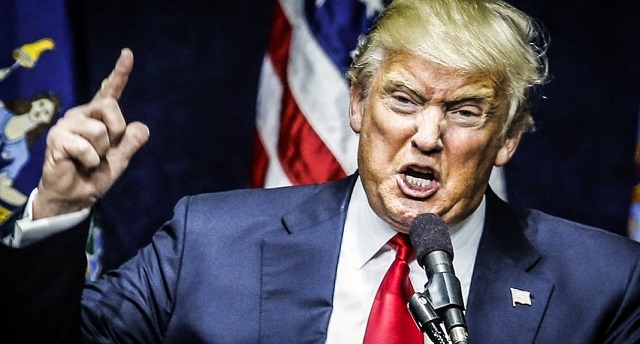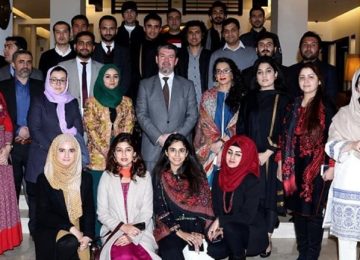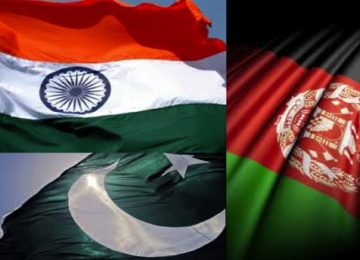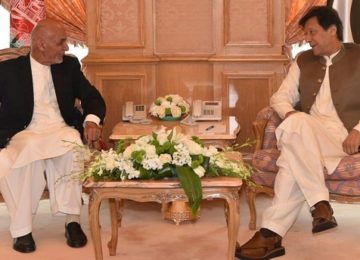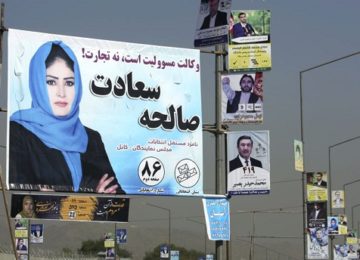November 29, 2018
US President Donald Trump, recently in his interview with Fox News, launched a tirade against Pakistan and accused Islamabad of “doing nothing” in the US War on Terror. “I want Pakistan to help us. We’re no longer paying USD 1.3 billion to Pakistan. We’re paying them nothing because that’s what they’ve done to help us. Nothing,” said Trump, in an attempt to divert questions on Afghanistan.
Even though the statement initially invited some criticism in Pakistan, it was Pakistani Prime Minister Imran Khan’s series of tweets that set the record straight for both the US and the Trump administration. PM Khan, in a blunt response, lashed out at the US President for not stating the facts and failing to acknowledge Pakistan’s sacrifices. In his tweets, PM Khan asserted that Pakistan, even with no involvement in the 9/11 attacks, had so far suffered around 75,000 casualties and $123 billion in financial and economic losses.
PM Khan further said that the US aid to Pakistan was a “miniscule” $20 billion, while saying that Pakistan’s Pashtun tribal areas (formerly known as FATA) were also devastated and millions of people uprooted from their homes as a result of the War on Terror. Interestingly, PM Khan’s tweets were also consistent with his historical political stance on the War on Terror, where he has openly opposed Pakistan fighting “USA’s war on its soil”.
However, it was PM Khan’s tweet on Afghanistan that highlighted the US scapegoating of Pakistan and diverting attention from its own failures in Afghanistan. “Instead of making Pakistan a scapegoat for their failures, the US should do a serious assessment of why, despite 140000 NATO troops plus 250,000 Afghan troops & reportedly $1 trillion spent on war in Afghanistan, the Taliban today are stronger than before”, tweeted Khan.
PM Khan’s summarising of the Afghan situation also highlights why the US is currently desperate to pull out of the country that it entered 17 years ago to “win a war” that is has not won in all these years. Even according to recent reports, the Taliban now control more territory in the country than ever before. The Special Inspector General for Afghanistan Reconstruction (SIGAR), an official US watchdog, also admitted that the government control in Afghanistan had reduced to only 55 percent, amid a record number Afghan forces’ causalities in recent months. Moreover, along with spending around one trillion US dollars in Afghanistan, USA has also lost around 2500 soldiers in this “never-ending” war.
Hence, after such failures, rather than scapegoating Pakistan and belittling its sacrifices in the War on Terror, the US administration needs serious introspection on how to proceed with the peace process and end the war in Afghanistan. It is also because of these US failures in Afghanistan that groups like ISIS have gained ground in recent months. These new security threats have also resulted in regional stakeholders, mainly Russia and China, playing an “active role” towards Afghanistan’s peace process.
On the other hand, Pakistan has also repeatedly expressed its commitment towards establishing lasting peace in Afghanistan. It was reportedly on USA’s request that Pakistan recently freed Mullah Baradar, a former senior Taliban leader, to assist with the peace dialogue with the Taliban, currently led by US representative on Afghanistan Zalmay Khalilzad. However, President Trump himself, with no major breakthrough in peace talks, feels sceptical about the success prospects of the dialogue with the Taliban.
The Pakistani Foreign Office, while protesting Trump’s statement with a top US Diplomat, has already warned that anti-Pakistan rhetoric from Washington could negatively affect the Afghan Peace Process. Hence, the last thing this region needs is statements that create tensions and are used as diversions to hide Washington’s failures in Afghanistan.
The author, Farooq Yousaf, is a research analyst at CRSS.
© Center for Research and Security Studies (CRSS) and Afghan Studies Center (ASC), Islamabad.



